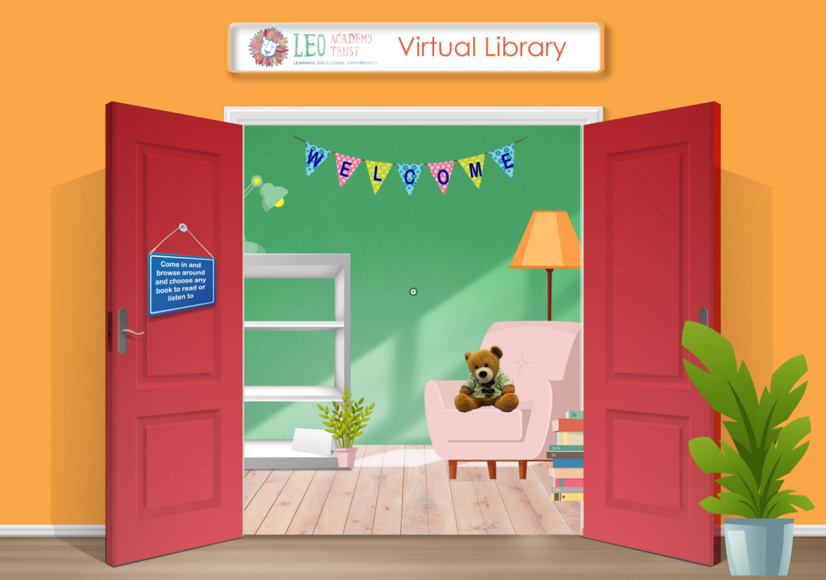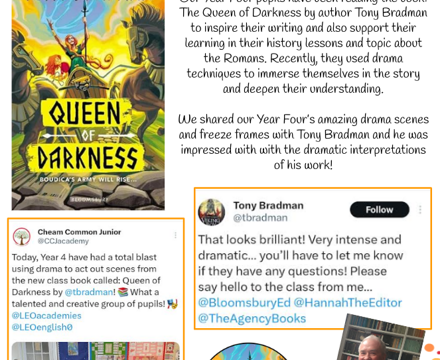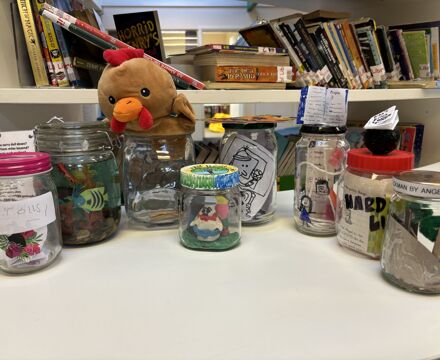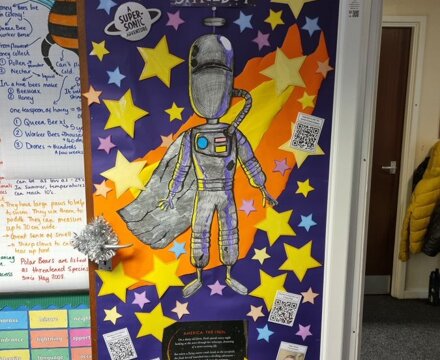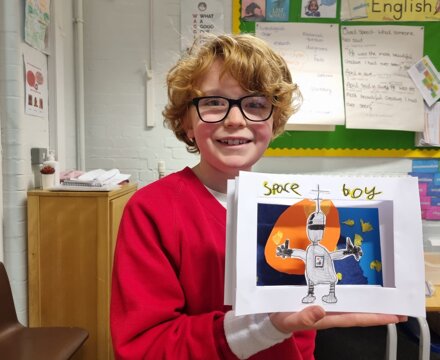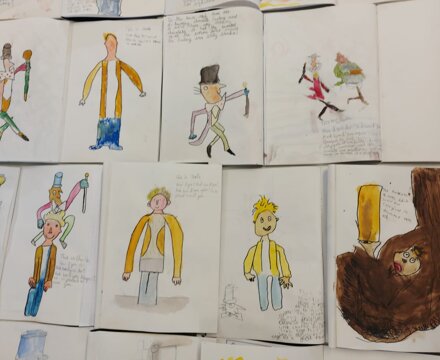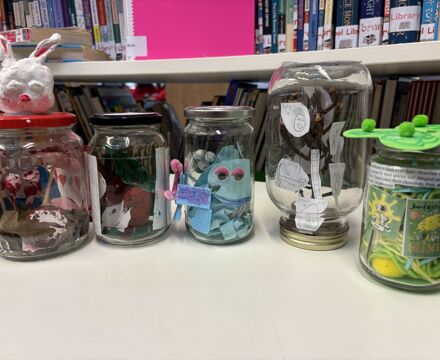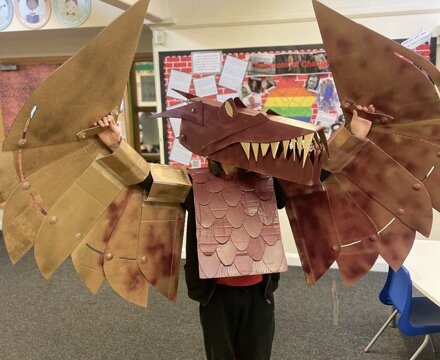- Home
- Learning
- Our Curriculum
- English
English
Writing
Writing at Cheam Common Junior Academy is taught through immersion into high quality texts. Each term every class is taught English skills through a book, which is linked to their topic. The teaching of English builds cross-curricular links so that high quality literature is at the heart of our curriculum and the children’s learning.
Through this teaching approach at Cheam Common we embed the teaching of phonics, grammar, punctuation and spelling into a rich reading curriculum. Focussing quality children’s literature is at the heart of their learning which creates a whole school culture of reading for pleasure.
Spelling
Each week, children will be introduced to a spelling rule or pattern to focus on. They will then have a list of spellings to bring home to learn based on their classwork. Sometimes this rule may last for more than one week. Once your child can spell the words on the list it is useful to test them on other words that follow the same rule/pattern. This then ensures they know the rule and can apply it to any word.
Your child’s class teacher will test your child on their spellings the following week. This will not always be done through a traditional test. Sometimes they will have a dictation task or spelling activity to complete. Children will be encouraged to write in their diaries how many spellings they spelt correctly so that you can see how they got on.
You can download a list of the statutory curriculum words set by the Government. They are broken down into Year 3/4 and Year 5/6. These are words that children should know by the end of Year 4 and Year 6. Some of these curriculum words will be included in your child’s spelling list each week. These words will be separate from the rule that they are working on in class. Some of the curriculum words your child may already know, however some are very challenging.
If you would like to practise these words with your child across the school year they will find it beneficial to their spelling and writing. Please also explain the meaning of the words as well as ways to help them remember the spelling.
Each week, the children will be exposed to the spelling rule and this will be explicitly taught in class time. There will be some spelling tips and ideas to help your children with their spellings and ways to remember them.
Reading
At Cheam Common reading is a golden thread that weaves through our curriculum. This puts reading at the heart of our curriculum and shows the importance and value of learning to read through stimulating texts that are related to our Wider Curriculum.
We are committed to providing opportunities for all pupils to gain an enjoyment of reading and achieve the key early reading and comprehension skills needed to become a proficient reader. We endeavour to ensure that our children develop a positive and enthusiastic attitude towards reading that will stay with them forever through high quality texts from different genres.
Children have frequent, regular and sustained opportunities to read and to talk together about the books that they are reading individually, in small groups and as a whole class. This helps the children to reach a shared understanding and build on their cultural literacy. We plan opportunities for all children to extend their vocabulary through a range of genres and subject related texts to consolidate their understanding.
During whole class discrete Reading lessons in KS2, children explore a range of texts in more detail to develop their comprehension. They are taught a range of different reading skills such as retrieval, inference and prediction and practise applying those skills to a range of texts throughout the year. Children in KS2 learn how to provide evidence to justify their answers as well as analyse the language choices that an author has used.
In order to answer a retrieve question, children should be able to find the answer within the text.
For the interpret questions, children will need to find some evidence in the text but then use their own knowledge to understand what this means.
Try using some of these questions to support your child’s reading at home:
Retrieve
-
Can you find information in the text?
-
What does this word mean? (using dictionary)
Interpret
-
How are the characters feeling?
-
Wht did they do or say that?
-
What might happen next?
Reading Raffle
Can you read at home five times a week?
To encourage children to read at home as much as possible we have a Reading Raffle every Friday. When your child reads at home, please record what they have read in their home school diaries. Please add details about the book, which was their favourite part or any tricky parts.
Children who read at least five times throughout the week will be entered into the Reading Raffle draw. Teachers will check children’s diaries on a Friday morning and those children who have read five times or more will be entered. A name will be picked out of the draw each week in celebration assembly. The winner will be able to select a brand new book as their prize from a large selection.
LEO Virtual Library
Visit the LEO Academy Trust Virtual Library and enjoy reading or listening to a story from the selection of Children’s books. There’s something for everyone from Nursery through to Year 6.


